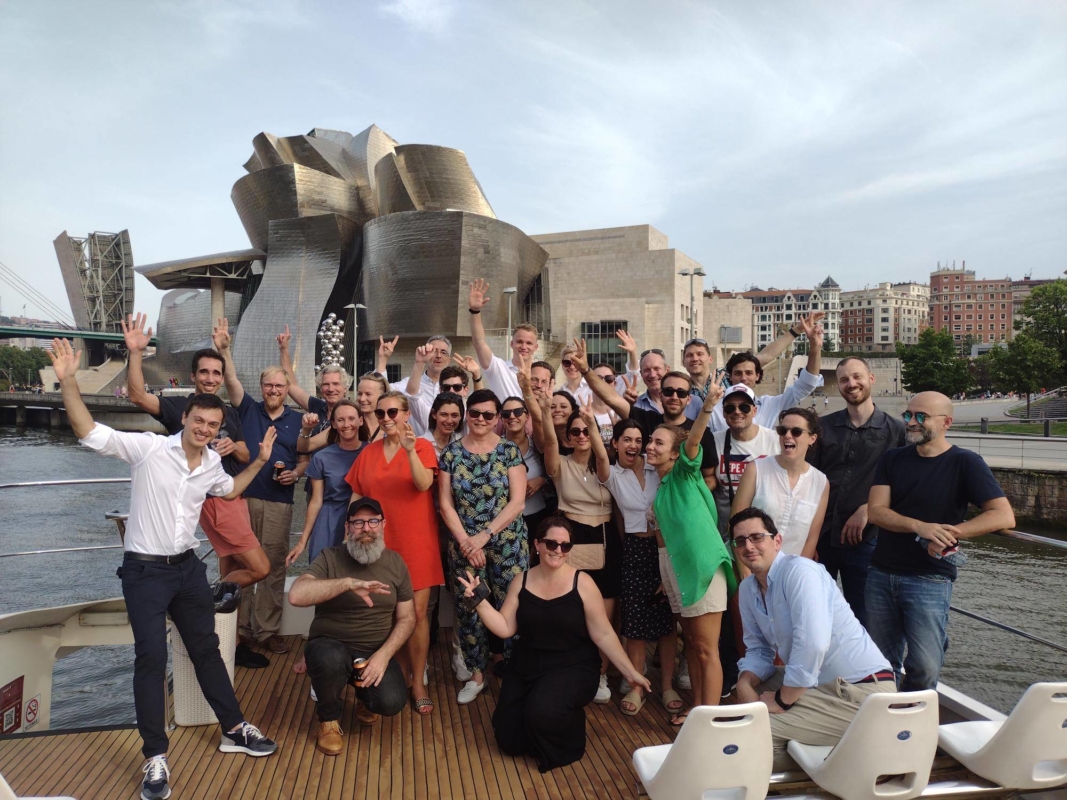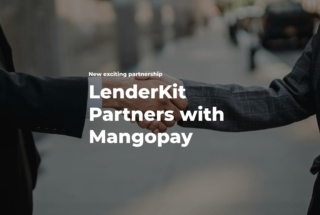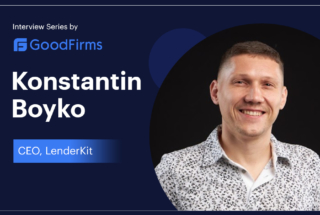LenderKit Visited the 7th CrowdCamp and Here’s What We’ve Learned
The 7th CrowdCamp which was held in Spain on June 16-17 turned out to be rich in insights and opportunities. With plenty of topics discussed around ECSP regulation as well as sustainable finance, CrowdCamp was a place for all types of businesses in the crowdfunding niche.
We went to the conference in a quite an interesting set up of the CEO, Marketing Director and Lead Project Manager and learned a few interesting things that we’ll share in this overview.

What you will learn in this post:
Industry trends
Environmental, social and corporate governance a.k.a ethical and sustainable finance remains one of the hottest topics for discussion.
On the one hand, crowdfunding platforms understand the need to align their marketing and operational efforts with the ESG financing trends, but on the other hand, there’s a struggle to outline the compliance and framework fitness requirements.
Nevertheless, people generally tend to think that ESG financing is good, because not only investors want to participate in the crowdfunding campaigns for financial benefits but also be a part of something bigger and support a good cause.
The biggest challenge for platforms is how they can measure the long-term impact investing results, educate their audience, offer clear social benefits to investors and comply with the requirements such as Sustainable Finance Disclosure Regulation.
To hit the above-mentioned KPIs, first, crowdfunding platforms need to define themselves, their target audience and services within the EU taxonomy for sustainable finance guidelines.
ECSP regulation
It appears that companies can’t help but use and align with the ECSP regulations, because many local regulations are not the best and there are very few cases of platforms actually getting licensed.
Nevertheless, the ECSP rules create new competitive opportunities for platforms because it’s just the matter of finding the best regulator out there no matter where you’re currently registered or operating in the EU.
Among the “fittest” regulators several countries were mentioned such as:
- Spain
- Ireland
- The Netherlands
And it turns out that in the more “negative” context Germany and Italy were called, which kind of contradicts our previous article regarding the 5 best countries in the EU to launch your crowdfunding platform.
In a more practical sense, two platforms have got the licenses and both of them in Spain such as Crowdcube and Bizkaia Crowdfunding.
Language barriers
Many crowdfunding platform operators were afraid that marketplaces from other countries would steal their audience. Well, that’s not happening any time soon, because there are certain language barriers to be aware of.
First of all, crowdfunding platforms want to talk to the regulator in their “native language” to understand all of the requirements and challenges clearly, but the conservatism of many countries is very unlikely to benefit only English-speaking platforms.
Most foreign crowdfunding platforms are considering Ireland.
Another challenge with the ECSP rules is that they introduce new Key Investment Information Sheet (KIIS) requirements, so this document should be understandable to investors in their native language. That means that platforms will need to have both KIIS versions like English and the country’s native language, for example, to serve investors.
Education as a primary challenge for all
Everyone needs education, be it in the aspects of legal compliance to understand where to apply and how to do it or teaching/showing investors basic sustainable investing principles and providing them enough information to make educated investment decisions.
The “education pipeline” is to transfer the knowledge from policy makers to platforms and from platforms to investors and fundraisers. And that should be outlined in all of the processes from clear regulations to transparent information on the platform.
Women in crowdfunding
Women’s involvement in crowdfunding platforms increased to 30% last year with 40-45% increase among borrowers and 90% increase among investors.
Europe has got a strong position on developing innovative projects led by women in the tech sector. So, there’s a likelihood of new projects emerging in that community as well.
Business angels still play a huge role
Financing crowdfunding campaigns isn’t all sunshine and rainbows. Most of the time little amounts of money aren’t enough to cover the funding goal needs, so angel investment networks still play a huge role in early-stage financing.
Angel investment networks have shown interest in crowdfunding, and firms like European Venture Philanthropy Association (EVPA) partner with EuroCrowd.
All in all, the industry is growing and there are very mature questions which are being discussed. One of the major challenges is withstanding bureaucracy and maneuvering the yet forming regulatory framework which opens opportunities and creates roadblocks at the same time.
If you’re looking to start a crowdfunding platform in Europe and enter the market early, check out LenderKit white-label investment software.
We’ve got key functionality covered such as KIIS, GDPR, European regulatory requirements in terms of investing and fundraising limits, investor categorization, KYC/AML and automated payment processing through our partners.
You can check out an online tour to learn more or reach out to our fintech strategist for an online demo and more information.



